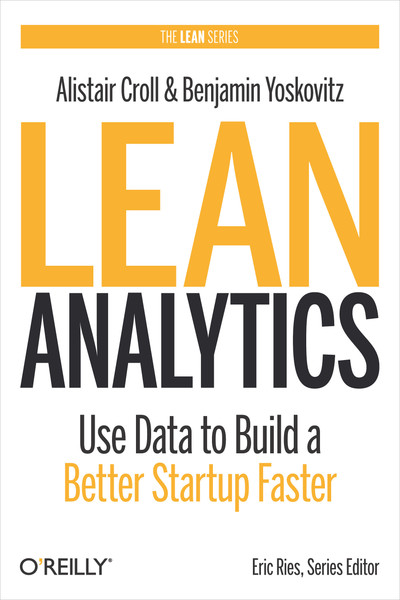Completing online courses isn’t easy. In fact, the worldwide course completion rate is <10%. Hundreds of millions of dollars are wasted - in money, time, and human capital - due to incomplete courses. But, what if there was a scientifically proven way to quickly determine whether someone will complete an online course or not?
I was reading https://moocable.com/mooc/view/lean-analytics-61114

Coursera - one of the biggest e-learning platforms - wanted to derive a metric to find out how many learners will complete a course.
The problem was: Coursera courses are typically 13-week college classes. Measuring how a design changes this metric would take far too long to be practical. After lots of experiments, however, the team derived metrics they could use to predict course completion. They found 2 factors that can quickly predict the course completion of learners.
The 2 predictors
1. Do learners get through the first test: Most courses have a weekly test/assignment. Coursera found out that if the learner successfully completed the first-week assignment/test, there was a high probability that the learner would complete the entire course.
2. Do learners come back and engage with the course two or three different times on different days?: Engaging with the course multiple times increases our commitment. If you were quitting smoking and you make it through two days, you’re like, “I’m not going to do it on day three even though it’s hard. I’m not going to lose all that investment, right?”
Coursera intelligently developed proxy metrics to predict course completion rates. Course completion is predicted by module completion, which is in turn predicted by test completion and how often a user engages with a course. So, the next time you enroll in a course, make sure:
- You complete week 1 right on time
- Come back to the course and engage with the material: be active on forums, give feedback to your peers, and reread/re-watch the material.